Supply vessel operations in the maritime industry are subject to a wide range of regulations and best practices aimed at ensuring safety, environmental protection, and operational efficiency. Compliance with these regulations is essential for supply vessel companies in UAE to maintain regulatory compliance, mitigate risks, and uphold industry standards.
International maritime organization (IMO) regulations:
The International maritime organization (IMO) sets global standards and regulations for maritime safety, security, and environmental protection. IMO conventions such as the International Convention for the Safety of Life at Sea (SOLAS), the International Convention for the Prevention of Pollution from Ships (MARPOL), and the International Ship and Port Facility Security (ISPS) Code establish requirements for vessel construction, equipment, operations, and pollution prevention measures.
Flag state regulations:
Supply vessels are subject to regulations enforced by their flag state, which is responsible for ensuring compliance with international maritime standards. Flag states conduct vessel inspections, issue certificates of compliance, and enforce relevant regulations in accordance with international conventions and domestic legislation. Vessel owners and operators must adhere to flag state regulations to maintain vessel registration and operation legality.
Industry guidelines and best practices:
Industry organizations, associations, and regulatory bodies publish guidelines and best practices to promote safety, environmental stewardship, and operational excellence in supply vessel operations. Organizations such as the Oil Companies International Marine Forum (OCIMF), the International Marine Contractors Association (IMCA), and the International Association of Drilling Contractors (IADC) provide guidelines, standards, and recommended practices for vessel operations, mooring, cargo handling, and personnel safety.
Crew training and certification requirements:
Supply vessel crews are required to undergo training and certification programs to demonstrate competence in vessel operations, safety procedures, and emergency response protocols. Regulatory authorities such as the International Maritime Organization (IMO) and national maritime administrations set minimum training and certification standards for seafarers, including qualifications for deck and engineering officers, ratings, and specialized roles such as dynamic positioning operators (DPOs) and maritime security personnel.
Environmental regulations and sustainability initiatives:
Environmental regulations and sustainability initiatives impose requirements on supply vessel operations to minimize pollution, conserve natural resources, and protect marine ecosystems. Regulations such as MARPOL Annex VI limit air emissions from vessels, while regulations such as MARPOL Annex V and the Ballast Water Management Convention regulate waste discharge and ballast water management practices. Additionally, industry initiatives such as the Green Marine program promote voluntary environmental performance improvement and sustainability practices in supply vessel operations.

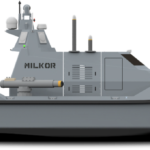
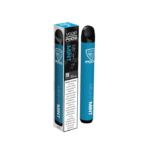


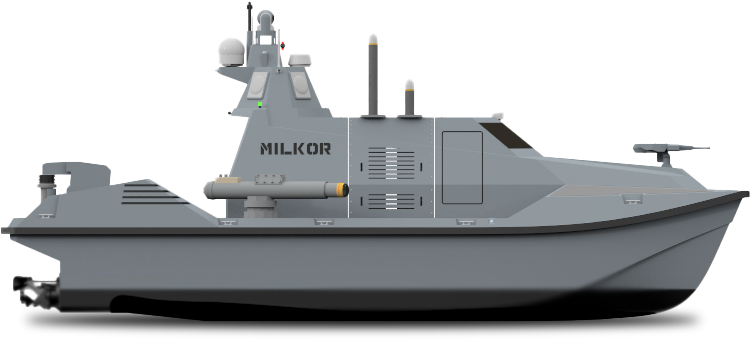

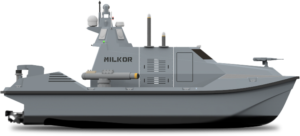
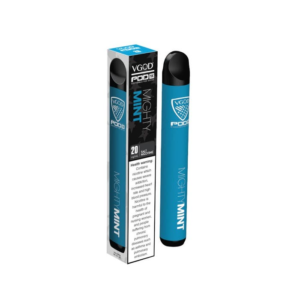

More Stories
What Is The Average Cost Of A Dental Implants?
6 Reasons Why The Voopoo Vape Pod Is A Game-Changer In The Vaping Industry
Incorporating Technology Into Your Hotel Fit Out